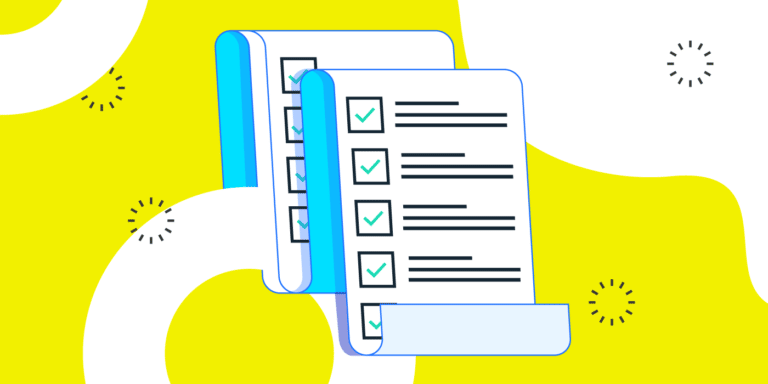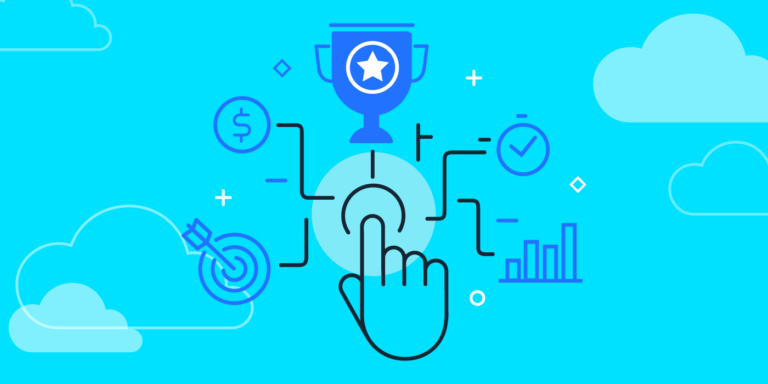
Empowering, educating, celebrating, and delighting the modern IT professional.
Featured article
147 SaaS statistics for 2026
Stay ahead with the latest 2026 SaaS statistics. Discover key trends, market growth, as well as SaaS management, AI, and security insights to inform your strategy.
BetterCloud wins G2 best IT & data privacy software 2026
Discover why BetterCloud is named G2’s Best IT Management & Data Privacy software for 2026. Automation meets security.
Four ways an SMP can help IT manage M&A post-closing processes
Mergers and acquisitions put a big burden on IT. Here are four ways BetterCloud can help you manage M&A post-closing processes.
The perfect BetterCloud offboarding workflow for fully automated, secure departures in 2026
How can organizations ensure SaaS user offboarding is fully automated? For high security, follow our 4-phase blueprint for a perfect offboarding workflow.
How to supercharge Google DLP with automated orchestration
Google DLP finds the risk; BetterCloud fixes it. Learn how to eliminate file sprawl, secure shared drives, and automate SaaS governance in Google Workspace.
The 2026 guide: Best practices for SaaS management
Improve SaaS operations with best practices for SaaS management. Learn how automated SaaS operations, risk management, and spend optimization can streamline enterprise IT.
How to add a BetterCloud custom trigger to an existing Jira integration
Step-by-step guide to triggering BetterCloud workflows from Jira tickets using custom triggers for onboarding, offboarding & IT automation.
Does this app still spark joy? A minimalist’s guide to SaaS governance
Declutter your SaaS stack with governance, automation & spend controls. Cut sprawl, secure data, and streamline IT with BetterCloud.
SaaS vendor management: The definitive guide for 2026
Struggling with SaaS sprawl and wasted spend? Learn how effective SaaS vendor management can optimize costs, mitigate risks, and boost efficiency in 2026 and beyond.
Where does BetterCloud fit into your tech stack?
Learn how a SaaS operations management tool like BetterCloud orchestrates your tech stack, automates IDaaS/ITSM workflows, and secures your software.
How to build customizable access workflows for SaaS apps
Replace tickets with no-code SaaS access workflows. Automate requests, approvals & reclamation to cut spend and boost security. See BetterCloud in action.
What is SaaS Management? The ultimate 2026 guide to controlling your tech stack
In our 2026 guide, we unpack what is SaaS management? Learn how to gain shadow IT visibility, optimize your SaaS solutions, and secure your tech stack with unified asset management.
19 Commonly confused IT terms
Stop mixing up key IT & SaaS terms. Get clear, practical definitions with examples—plus how BetterCloud automates & secures your stack.














